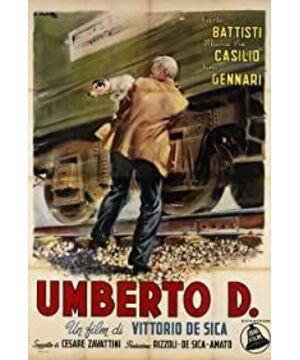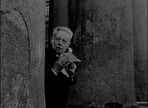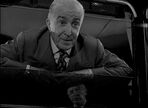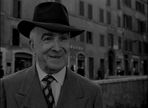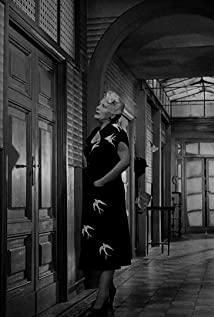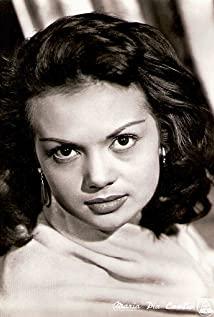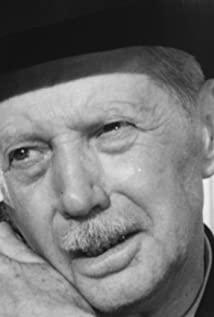Sijia 's " The Candle Tears of the Wind": When Zavattini (Cesare Zavattini 1902-1989) defines neorealism as a kind of rendezvous art, ─ ─ fragmentary, short-lived, and intermittent. Encounter, what does he want to say? This refers to some veritable rendezvous (la rencontre) such as Rossellini's "Hometown", or Di Sica's "Bicycle Theft". In "Wind Candle Tears", the famous passage created by Di Sica was cited by Bazin as an example: the young maid enters the kitchen in the morning and starts a series of mechanical and boring actions, cleaning, flushing out ants with water, taking coffee grinder, using The straight toes kicked the door and waited. Her eyes met on her pregnant belly, as if all the misery in the world was born from this. This is a series of meaningless action processes in daily or ordinary situations, and is more subordinate to the pure sensorimotor mode. A pure visual situation suddenly emerges, and the maid has no answer or response. The look in the eyes and the belly are a kind of rendezvous... '' (C28)
A series of meaningless movements such as the maid's eyes meeting on the pregnant belly are not commensurate with the development of the whole movie. As such, these images break away from the plot and move toward a pure visual situation. This is a problem of image symbol variation; The maid’s grievances and helplessness are presented in an absurd way, which strongly reveals a strong sense of alienation between people and the world, which is the role of the lonely character in the movie. In Deleuze's eyes, their heterogeneous images make "The Candle Tears of the Wind" a film of image-time: it not only has the rebellious and deconstructive nature of uncompromising the status quo (existing system, knowledge, philosophy and art), but also involves the film industry. The essence of why it came to reflect.
View more about Umberto D. reviews


